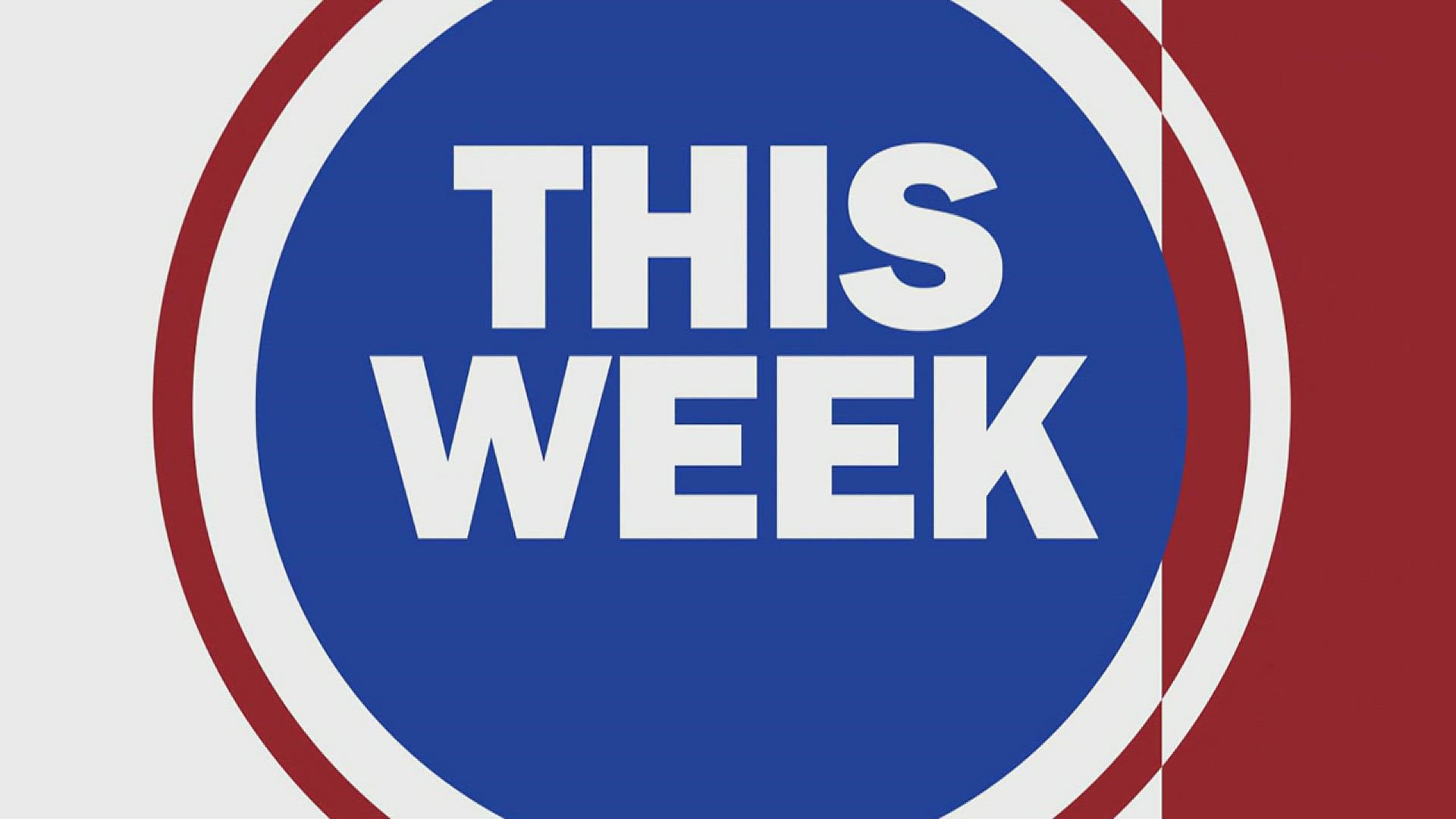IOWA CITY, Iowa — It's been more than 18 months of COVID-19.
"We knew there was going to be a lot of mental health related needs throughout the state that were going to be exasperated because of the pandemic," said Mike Lightbody, program director for Iowa Compass, a University of Iowa-based counselling team that mostly helps people with disabilities.
A Kaiser Family Foundation poll found two of every five of us have seen symptoms of anxiety or depression.
And it's impacting men and women equally.
"As Fall and Winter approaches, we need to be prepared to get back inside the house. Who knows what the pandemic will bring but those are the types of services that we want to kick back up again," said Lightbody.
FEMA has extended funding to COVID Recovery Iowa, which offers free virtual counseling and assistance for all Iowans affected by COVID-19.
You can listen to our entire interview with Mike Lightbody of Iowa Compass on THE CITIES PODCAST.
And it's affecting all of us in different ways.
"Everytime we think we're getting close to being done with it we get smacked down again," explained Dr. Ellen Astrachan-Fletcher, Regional Clinical Director for Chicago's Eating Recovery Center.
Dr. Astrachan-Fletcher specializes in eating disorders and says almost two thirds of us have had undesired weight changes due to the pandemic.
And she says too many of us are withdrawing into ourselves rather than seeking help.
"We are social beings by nature and we need each other so now is not the time to isolate more and back away more."
In Iowa, you can find help by calling
- Iowa Statewide WARMLINE (844) 775-9276
- Iowa Statewide CONCERN LINE (800) 447-1985
In the Quad Cities, help is always available from
- Vera French Mental Health (563) 383-1900
- Robert Young Mental Health (309) 779-3000.
The issue of isolation is even easier in rural areas where isolation is a way of life.
In Illinois, new mental health aid was signed into law including the use of a half million dollar USDA grant for farmer stress-related health initiatives.
"We know that our farmers are stoics and they don't necessarily want to reach out for help and this gives that outlet and that avenue for people to reach out and to find the resources and the services they need," said University of Illinois Extension director Shelly Nickols-Richardson.
As the pandemic stretches on, the new normal for mental health is becoming more unhealthy for all of us.
Both Illinois and Iowa are developing new programs or expanding existing ones to help.
"Everybody you know is struggling," said Dr. Astrachan-Fletcher.
"And I just think that's the nature of this worldwide pandemic."
Watch "News 8 THIS WEEK with Jim Mertens" Sunday mornings at 10 on WQAD News 8.

